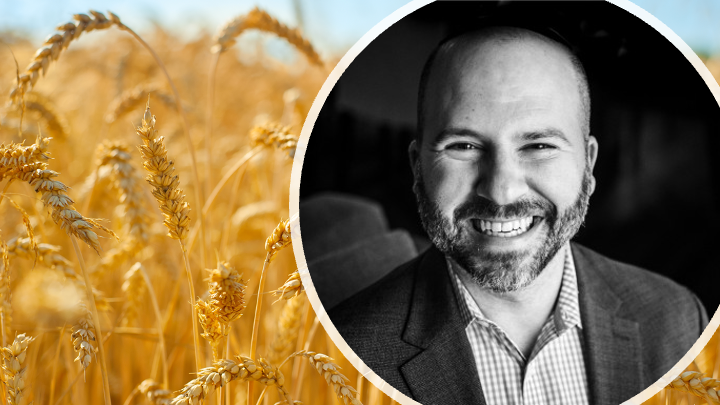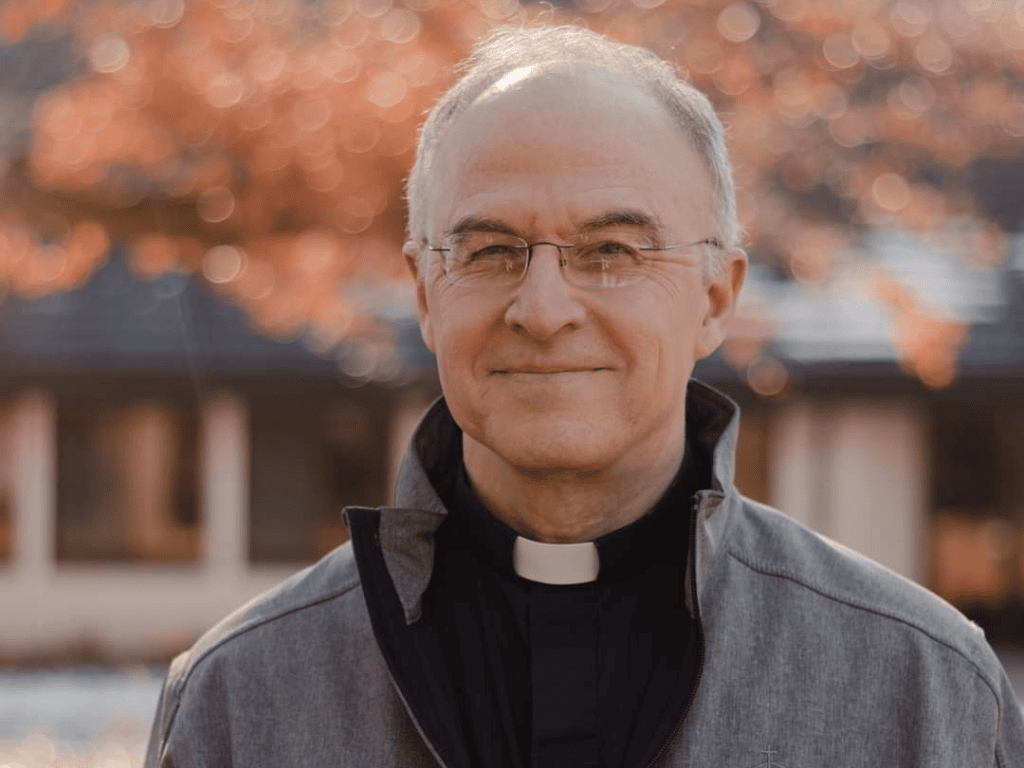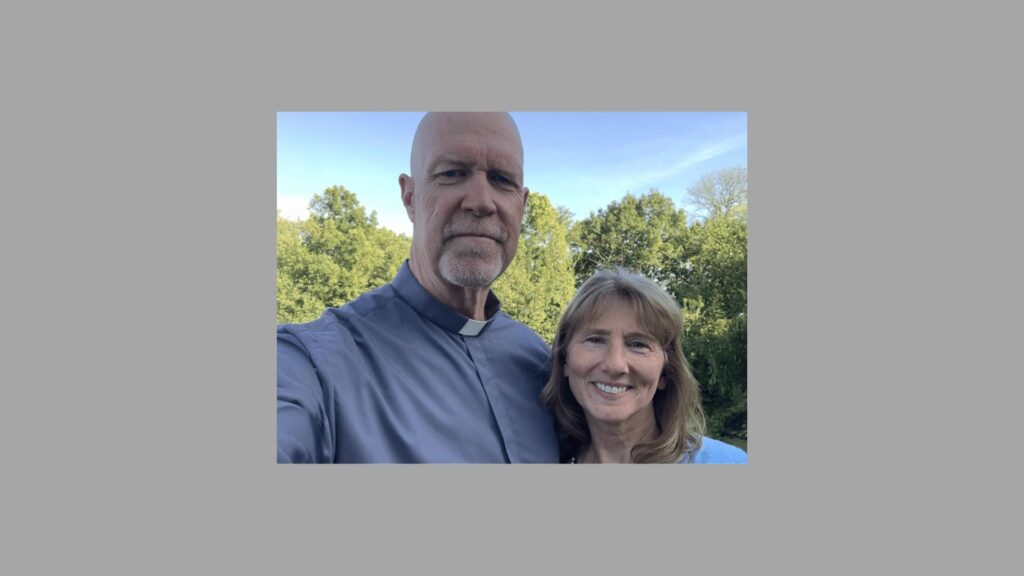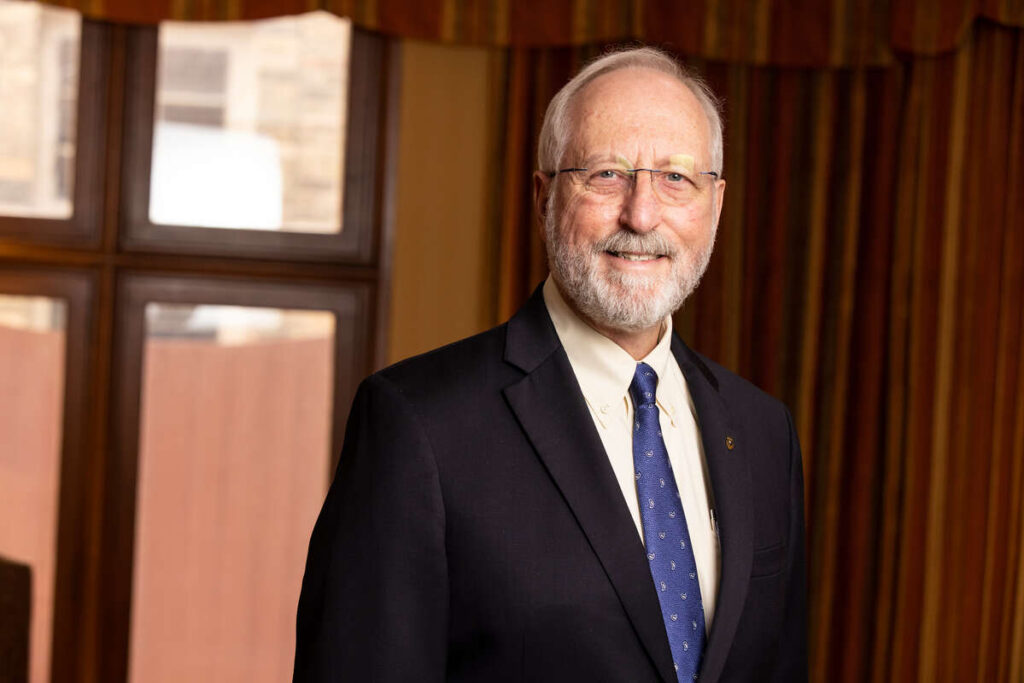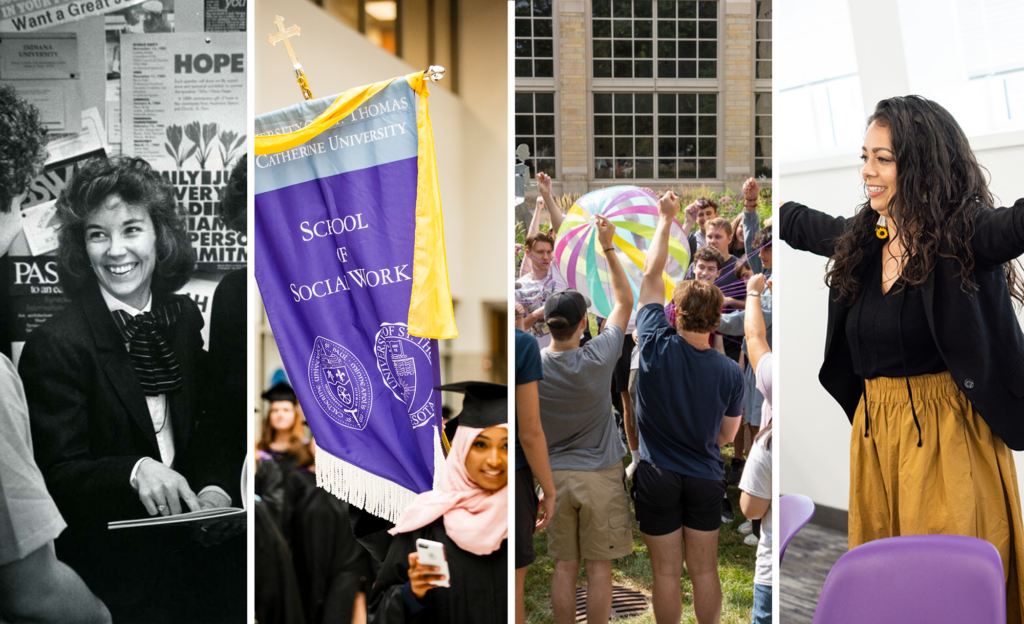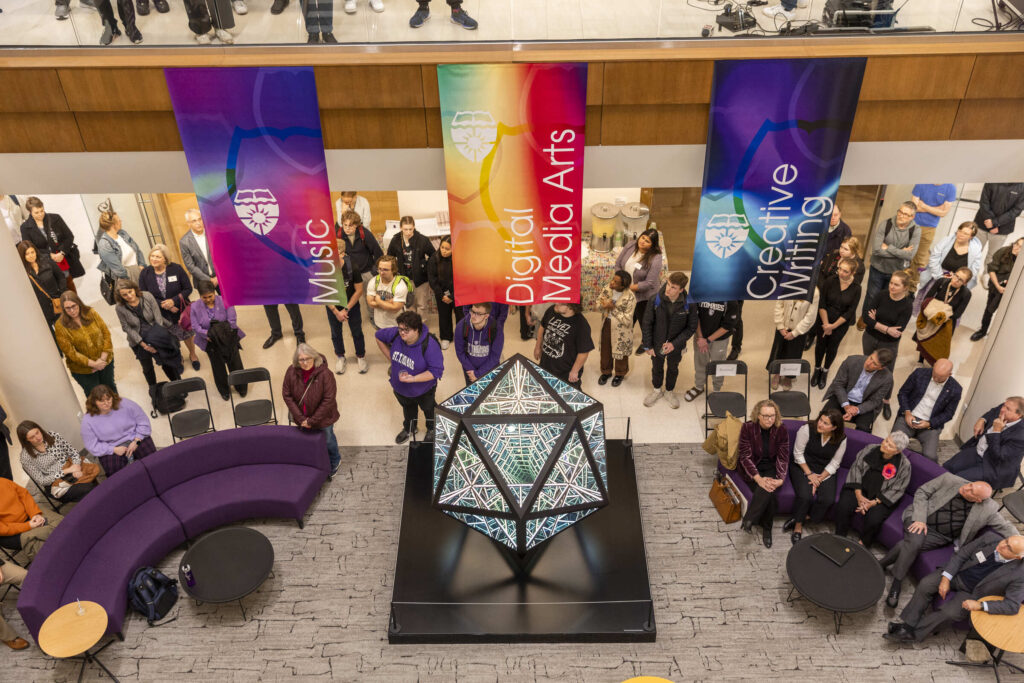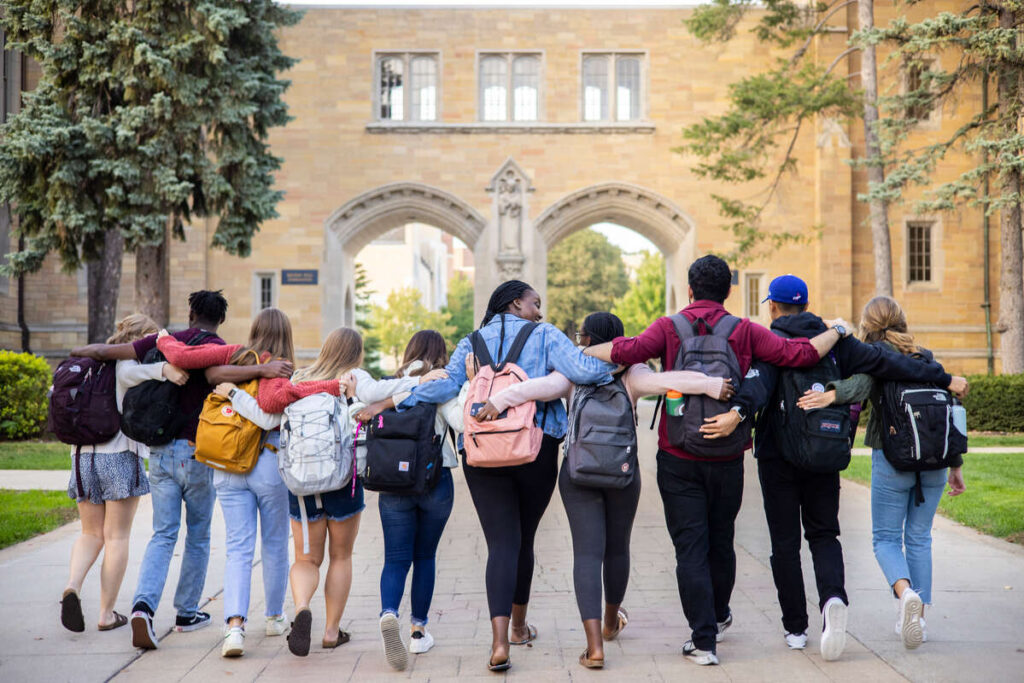Recently we saw the rare convergence of Passover, Easter, Ramadan. This convergence highlighted the similarities of the seasons and the observances, and one nuanced parallel should be highlighted, but because of the order of observance, it is often missed: Sefirat HaOmer – The Counting of the Omer (pronounced oh-mare).
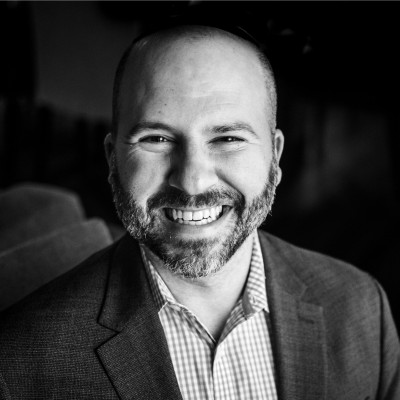
This significant Jewish observance began after the second Seder, on the second night of Passover, and ends 50 days later with the holiday of Shavuot (on the evening of May 25 this year).
This tradition is rooted in the biblical commandment to count 49 days from the day the Omer offering (a sheaf of barley) was brought to the Holy Temple in Jerusalem, until the day of the offering of the first fruits during the Festival of Shavuot. The Counting of the Omer serves as a period of spiritual preparation and introspection, as well as a time to continue commemorating the Jewish people's journey from slavery to freedom.
It is important to note for a Catholic university that the season of Lent is quite similar and parallel. Lent is a period of 40 days of spiritual preparation leading up to Easter Sunday, commemorating the Christian Bible's description of Jesus’ journey from his temptation in the wilderness to his death and resurrection. While the length and specific practices of the Counting of the Omer and Lent differ, both observances share the powerful and important common themes of spiritual reflection, self-examination and renewal.
This year’s calendar convergence reminds us also that the Islamic faith observes a significant period of spiritual reflection and renewal, known as Ramadan. Ramadan is a monthlong observance during which Muslims fast from sunrise to sunset and engage in acts of charity and devotion. The timing of Ramadan is based on the lunar calendar and typically falls during the ninth month of the Islamic calendar – and so it’s fortuitous that all three observances coincided this year.
During the Counting of the Omer, Jews engage in a daily practice of counting the days and weeks that have passed since the start of the holiday. This daily counting serves as a reminder of the importance of each day and provides an opportunity for introspection and personal growth. Many Jews refrain from cutting their hair during this period, and such growth becomes both spiritual and literal. Similarly, during Lent, Catholics engage in various practices such as fasting, prayer and almsgiving as a way to focus their attention on spiritual growth and reflection. Further, during Ramadan, Muslims engage in a daily practice of abstaining from food and drink during daylight hours, with the goal of cultivating self-discipline, gratitude and spiritual awareness.
All three observances also emphasize the importance of community and the power of collective spiritual growth. In Jewish tradition, the Counting of the Omer is done as a community, and the daily counting is recited together – though if one is not at worship services, then the individual counts alone. Similarly, during Lent, Catholics often participate in communal practices such as attending Mass, joining in prayer groups, and engaging in acts of charity and service. During Ramadan, Muslims often break their fast together in communal meals known as iftars and engage in congregational prayers.
And though these seasons are quite parallel, with Lent leading up to Easter, Sefirat HaOmer following Passover, and Ramadan moving throughout the year, such parallels often get missed. But the parallels should be noted! Jews engage in a daily practice of examining their actions and behaviors, with the goal of becoming more mindful, compassionate and righteous individuals. During Ramadan, Muslims engage in practices that encourage self-reflection and spiritual growth, such as reciting the Qur'an and engaging in acts of charity. During Lent, Catholics also engage in practices that encourage self-reflection and spiritual growth, such as the Sacrament of Reconciliation or Confession.
While the Counting of the Omer, Ramadan, and the season of Lent have different origins and practices, all three observances emphasize spiritual reflection, personal growth, community and redemption. These traditions provide opportunities for us spiritual cousins to reflect on our relationship with God, deepen our faith, and renew our commitment to living a life of virtue and righteousness. As such, these observances serve as powerful reminders of the importance of spiritual growth and transformation in our lives, regardless of one’s religious background or affiliation.
